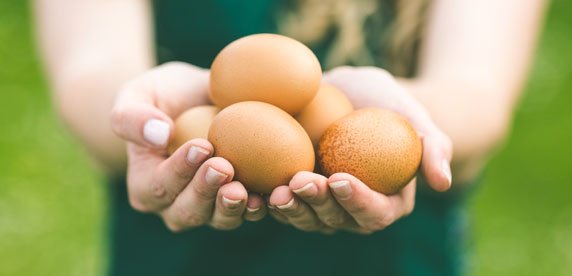Inside BENEO’s new pulse plant: pioneering sustainable protein from faba beans
Nestlé , the world’largest coffee player, with solutions to meet every customer needs both in and outside the home, has opened a factory in Montes Clares, Brazil to produce Nescafé Dolce Gusto, One of Nestlé’s fastest-growing brands. This is the company’s first factory to produce Nescafé Dolce Gusto outside of Europe. Launched in 2006, Nescafé Dolce Gustocan be used to prepare a wide variety of hot and cold drinks, and now has sales of more than $1 billion across 75 countries.
The new $72 million factory will primarily produce capsules for the domestic market in Brazil, but also for export to Argentina, Paraguay, and Uruguay. The facility will provide more than 90 direct jobs, and generate more than 1,000 positions in the wider supply chain. Nestlé will support the regional economy by using locally-sourced ingredients—such as coffee, milk, cocoa, and sugar—to manufacture the capsules. The factory will not send any waste to landfill, and it incorporates the latest water- and energy-saving technologies.
“This Nescafé Dolce Gusto factory is a strategic long-term investment in Latin America and specifically in Brazil, a country in which we have been present for over 90 years and which has been at the basis of our Nescafé story,” said Nestlé CEO Paul Bulcke.
In another development, Nestlé, which is also world’s largest food company, has announced that it will transition to using only cage-free eggs in all of its U.S. food products within the next five years. The move represents yet another example of Nestlé’s commitment to the health, care, and welfare of animals raised for food.
Nestlé uses approximately 20 million pounds of eggs annually to help create its food brands, such as Häagen-Dazs ice cream, Nestlé Toll House cookie dough, and Buitoni pasta. Eggs are also an important part of Lean Cuisine® and Stouffer’s® popular breakfast items.
“Our products are in the fridges and pantries of socially-conscious consumers across the United States, and we share their belief in the importance of responsibly-sourced ingredients,” said Paul Grimwood, Chairman and CEO of Nestlé USA. “The move to using exclusively cage-free eggs is one more way that we’re responding to consumers and establishing a precedent for farm animal welfare.”
The pledge to use exclusively cage-free eggs in the U.S. by 2020 builds on Nestle’s commitment on farm animal welfares, launched in 2012 and strengthened in 2014. As part of this commitment, the company outlined its plan to eliminate specific farming practices, like tail docking for cattle and pigs, gestation crates for pigs and veal crates. Nestlé works with World Animal Protection, a global animal welfare organization, and SGS to assess its suppliers against these commitments.
Nestlé is developing pilot projects with its suppliers and World Animal Protection to establish a roadmap for sourcing cage free eggs in Europe and the rest of the world.
“We are proud to partner with Nestlé who are listening to their customers’ concerns and putting animal welfare at the forefront of their purchasing power,” said Martin Cooke of World Animal Protection. “They are taking a responsible approach to their sourcing of eggs, which will ultimately improve the lives of millions of hens. Major food companies like Nestlé have the power to bring about positive change at every level of the supply chain.”

